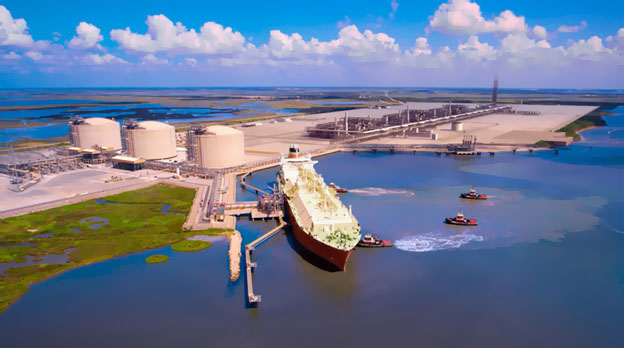You’ve probably already heard of ‘trading’ – but what does it really mean? Please let us set the facts straight.
What if you want to have a certain amount of fuel at a fixed price at your disposal by a certain date. This can be in short notice (the next (couple of) day(s)) and in long-term (the next couple of week(s) or month(s)).
By a lot of oil: physically or on paper
You will have to set up a contract (most of the times with a broker) to guarantee you will have this exact amount of fuel at the agreed price on the desired date. But given the fact that oil prices are known to fluctuate, this could have some disadvantageous effects. To ensure yourself against these effects, you can buy a lot of oil but only on paper and not an actual one. This means you will have to speculate – much like in stock exchange – without actually buying and selling the fuel.
Speculate
When you see the price of the fuel rise, you can sell the contract before it ends. In doing so, you can profit from the increase in prices. Another option is to buy the fuel, stock it and sell and deliver it when the prices rise. However, this asks for a lot of logistic effort and accompanying costs.
Option
Apart from a contract, you could also choose to take an option. The main difference is that you have the right to buy a certain amount of fuel for a set price, but you are not obliged to do so.
Would you like to know more about how you can manage ‘trading’ from the ICASA Energy Suite? Please contact us and we would be more than happy to explain to you all the possibilities our software could offer you.
Stay connected and follow us on LinkedIn!




